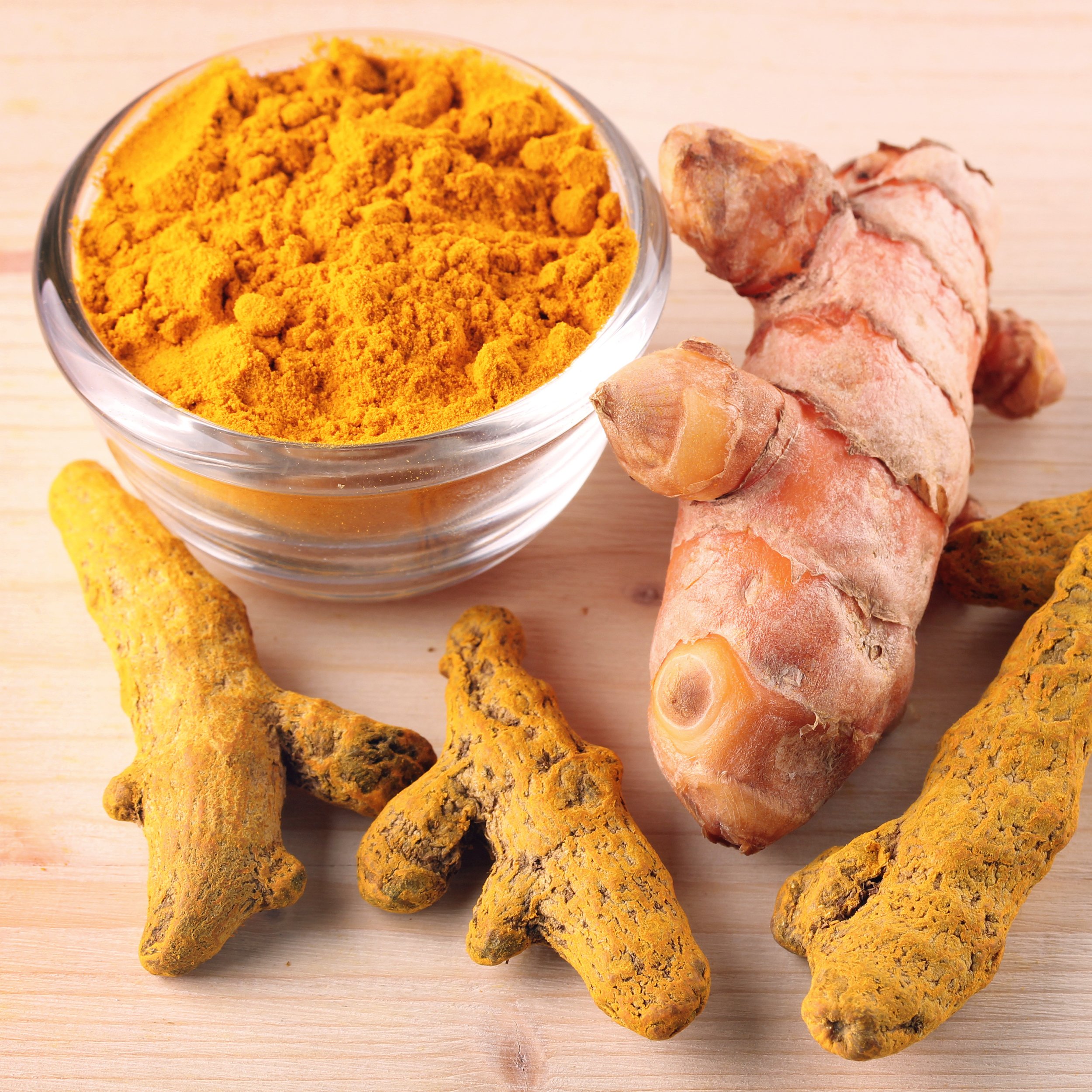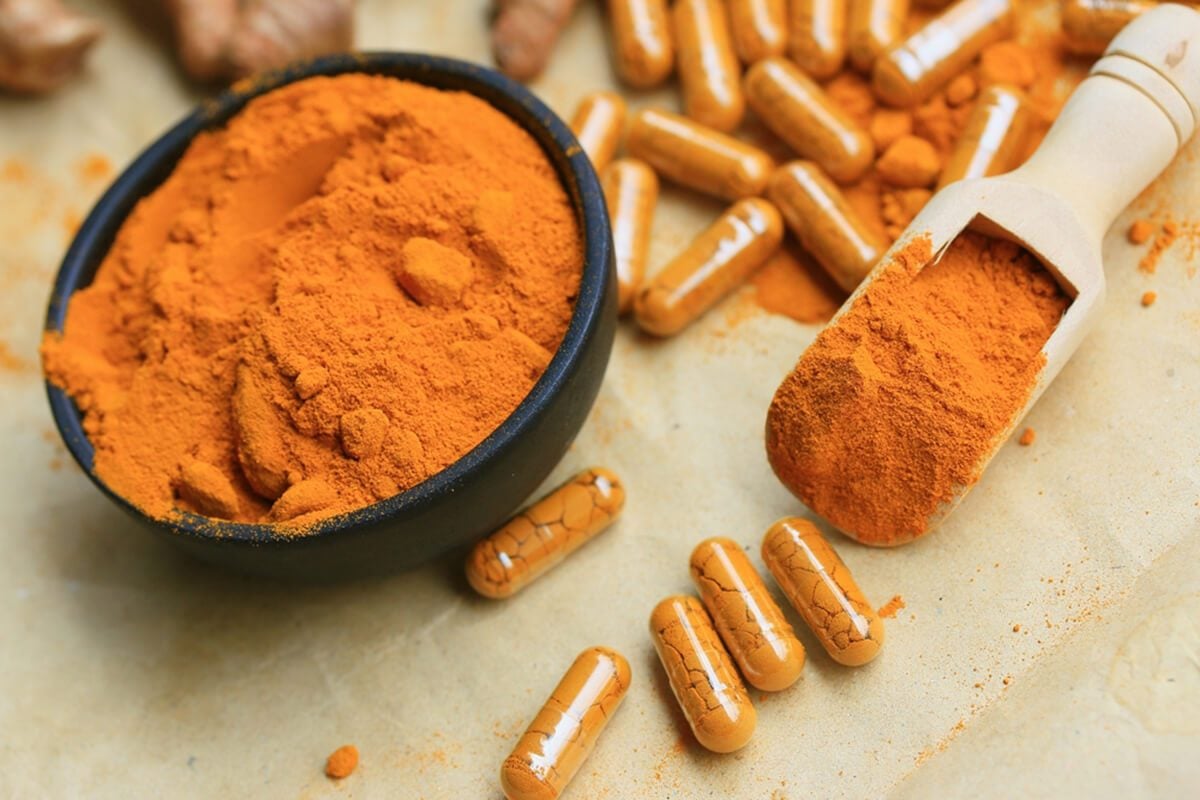Turmeric, often referred to as the “golden spice,” has been used for centuries in traditional cuisine and medicine across India and China. Distinguished by its vibrant yellow color and distinctive flavor, turmeric is not only a kitchen staple but also a powerful natural remedy. The primary active compound in turmeric, curcumin, offers numerous health benefits.
This article explores numerous health benefits of turmeric and provides guides on how to incorporate it into your diet to enhance your overall well-being.
Nutritional Profile of Turmeric
Turmeric is packed with vitamins and minerals, including vitamin C, vitamin E, and potassium. Noticeably, curcumin, a bioactive compound found in turmeric, boasts strong anti-inflammatory and antioxidant properties. Curcumin makes up about 3-5% of turmeric by weight and is responsible for most of its health benefits.

Top Health Benefits of Turmeric
1. Anti-Inflammatory Properties
One of the most well-studied benefits of Turmeric is its potent anti-inflammatory properties. Curcumin has been shown to reduce inflammation by blocking molecules like NF-kB, which play a role in inflammatory responses. Studies also indicate that turmeric may help alleviate symptoms of arthritis, gout, and other inflammatory conditions, making it a powerful natural alternative to synthetic anti-inflammatory drugs.
2. Antioxidant Effects
Turmeric is rich in antioxidants that help neutralize harmful free radicals, thereby reducing oxidative stress. By doing so, turmeric reduces the risk of chronic disease and promoting overall health. Oxidative stress occurs when the body’s natural antioxidant defenses are overwhelmed by free radicals, leading to chronic diseases such as cancer, diabetes, and heart disease.
3. Supports Brain Health
Curcumin has been demonstrated to increase levels of brain-derived neurotrophic factor (BDNF), a protein that promotes the growth of new neurons and protects against neurodegenerative diseases such as Alzheimer’s and Parkinson’s. This suggests turmeric may support memory and cognitive function.

4. Heart Health Benefits
Turmeric has been linked to improved endothelial function, which enhances the lining of blood vessels, thereby reducing blood pressure and lowering LDL cholesterol. Moreover, curcumin’s potent anti-inflammatory properties also play a role in preventing heart disease.
5. Aids Digestion and Gut Health
Turmeric has been used for centuries to aid digestion and reduce symptoms of digestive disorders. Its anti-inflammatory properties help reduce inflammation in the digestive tract, alleviating symptoms of IBS, bloating, and other digestive issues. Additionally, turmeric supports gut health by promoting a balanced gut microbiome, which is essential for a strong immune system and overall health.
6. Boosts Immunity
Packed with antimicrobial and immune-boosting properties, turmeric makes an effective immune system booster, helping the body fight infections. For centuries, turmeric has been used to treat illnesses such as colds, sore throats, and minor infections.
7. Potential Cancer-Fighting Properties
Research suggests that curcumin – a bioactive compound found in turmeric may inhibit the growth of cancer cells, reduce the spread of tumors, and even contribute to the destruction of cancerous cells.
8. Skin and Anti-Aging Benefits
Turmeric has been widely used in skincare for its anti-inflammatory and antimicrobial properties. It alleviates symptoms of acne, psoriasis, eczema, and other skin conditions while promoting a natural glow and reducing wrinkles.
How to Use Turmeric for Health Benefits
1. Dietary Incorporation
Incorporating turmeric into soups, curries, smoothies, tea, and golden milk is an easy yet effective way to enjoy its numerous health benefits.

2. Turmeric Supplements
Curcumin supplements are available in various forms, including capsules, powders, and extracts. Look for supplements that include black pepper (piperine) to enhance absorption.

3. Combining Turmeric with Black Pepper
Piperine, found in black pepper, boosts curcumin bioavailability by up to 2000%, making it more effective when combined.
4. Topical Applications
Turmeric can be added to face masks and pastes to promote skin health, potentially helping with conditions like acne and eczema.

Precautions and Considerations
- Potential side effects: Turmeric may cause stomach irritation or interact with medications like blood thinners. It’s crucial to consult your doctor for its uses.
- Dosage: Follow recommended dosages and consult a healthcare professional for personalized guidance.
- Who should avoid turmeric: If you have any existing health conditions or are pregnant or breastfeeding, consult a healthcare professional before consuming turmeric.
- Quality matters: Choose organic, high-quality turmeric to ensure purity and effectiveness.
Conclusion
Turmeric is a powerful natural remedy that offers a wide range of health benefits. From reducing inflammation to supporting brain and heart health, this golden spice is a valuable addition to a balanced diet. By adding turmeric to your daily routine, you can harness its full potential for overall well-being. Nevertheless, it is essential to use turmeric responsibly and consult a healthcare professional if you have any underlying health conditions or are taking medications.








